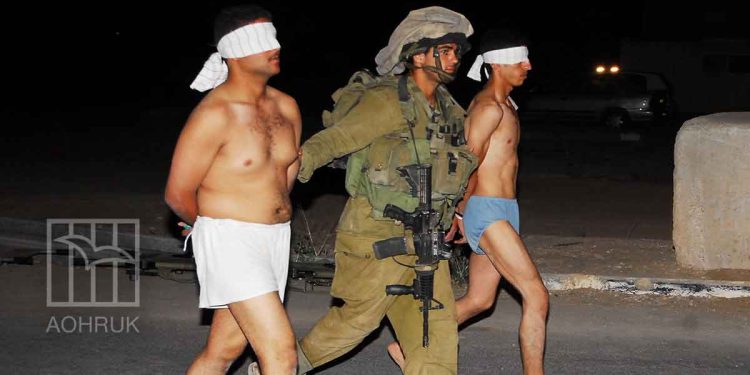The Hebrew newspaper Haaretz has revealed the killing of a 40-year-old Palestinian prisoner from the Gaza Strip inside an interrogation centre run by the Israeli occupation’s internal security agency (Shin Bet), in an incident that occurred in January 2024 and was kept strictly confidential by the occupation authorities.
According to the published information, the prisoner died after falling from a height while handcuffed, under circumstances described as mysterious. Although the Shin Bet was aware of his identity, his body was transferred without any identifying information and was registered as “unknown,” raising suspicions of an attempt to conceal the details of the case.
Medical reports indicated that the cause of death was consistent with a fall from a significant height, and clear marks of prolonged handcuffing were documented. Nevertheless, the occupation’s Ministry of Justice announced the closure of the investigation without finding “criminal suspicions,” despite the fact that the death occurred while the prisoner was in state custody; a situation that, under international legal principles, constitutes direct responsibility on the detaining authority.
The incident is not isolated; since the start of the latest war on Gaza, at least six Palestinians have died during Shin Bet interrogations, amid rising reports of serious violations against detainees, including physical and psychological torture, medical neglect, deprivation of food and healthcare, and prolonged solitary confinement.
The occupation authorities label approximately 1,747 prisoners from Gaza as “unlawful combatants,” a classification that in practice strips them of many rights guaranteed under international law and allows their detention in closed military camps, beyond any judicial oversight or independent monitoring.
These practices constitute a flagrant violation of Common Article 3 of the Geneva Conventions, which prohibits cruel and degrading treatment and obliges parties to protect the lives and dignity of detainees. The repeated deaths in custody, in the absence of serious investigations and accountability, may amount to war crimes or crimes against humanity, particularly if such violations are proven to be part of a systematic policy.
Statistically, the number of Palestinian prisoners in occupation prisons reached approximately 10,800 by early July 2024, including 49 women and 450 children, the highest figure since the Second Intifada in 2000. This reflects the scale of the security and political escalation and places the international community under an urgent legal and moral obligation to act to put an end to these grave violations.



























